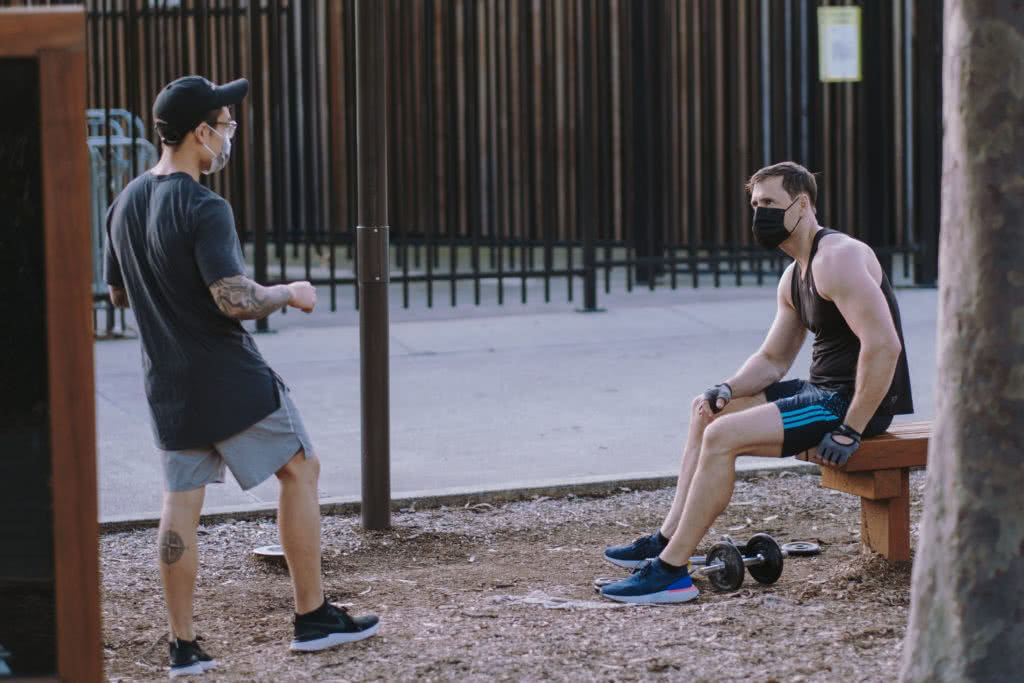Playtime! Why It’s A Must To Reduce Stress & Anxiety

It’s playtime. Let’s go do something!
Can we make a playdate?
Will you play with me?
We associate these requests with children, maximum age 10, because past the age of 10, we simply stop using the word “play.” We don’t often think of play as something we need, much less something to prioritize.
We call it something different: Entertainment, team sports, joke-telling, hobbies, or playing – but only for games. We “play” when we flick through YouTube videos, head to the basketball court or dance class, stop by our local stand-up dinner theater, plant flowers in our yard, or join in on poker night.
We don’t even realize these activities count as play. We think of them, instead, as merely…
–extra-curricular
-something we do in our ‘free time’
-recreational
Nothing could be further from the truth, says Stuart Brown, who, in his book Play, points out: “The opposite of play is not work – it’s depression.”
Studying play and its impact on psychopathology, Brown notes that a lack of play can lead to challenges that are more serious than depression, including rises in psychopathology that he believes to be causal. Brown has found that lack of play was just as important as other factors in predicting criminal behavior among murderers in Texas prisons.
Playtime is like breathing…
Brown compares play to oxygen. “…it’s all around us, yet goes mostly unappreciated until it is missing.”
Playtime doesn’t have to be something scheduled for and/or with children, or a distant, vague memory because of the “work” of living. Play can take just about any form: it can be art, books, movies, music, comedy, flirting, daydreaming, games, social exercise, gardening, physical exercise, puzzles – just about anything.
When we play, we practice cooperation, self-control, and altruism, and we feel connected and happy. Says Brown, play is an essential part of creativity and stimulating one’s brain: “Nothing lights up the brain like play. Three-dimensional play fires up the cerebellum, puts a lot of impulses into the frontal lobe – the executive portion – [and] helps contextual memory be developed.”
Laughter and play are more than just indulgences, and can meaningfully reduce stress and anxiety for all of us. Who couldn’t use a bit (or a lot) more fun in our lives?
Luckily, reaping the benefits of laughter and play to reduce stress can be really simple.
- Play with animals: If you happen to be a pet owner, playtime with your favorite animal being can be particularly beneficial for reducing stress and anxiety. Given that we are spending more time at home with our animals now, regularly connecting and playing with our pets is even easier.
- Exercise is another easy and natural way to work playtime into the every day. Find the fun in your yoga moves, or modified burpies…(It’s fun to stretch and jump!) Or try skipping down the hall or breaking out your best dance moves just because… Researchers at Princeton have found that exercise plays a positive role in boosting chronic anxiety tolerance and reducing stress.
- Play games: While we are spending more time at home, playing games or participating in social exercise with our family members will help everyone reduce their stress and anxiety. Here is a list of 32 games from Today that you might enjoy playing with your roommates or family. Salad Bowl and Watch Ya Mouth are some of our family favorites.
With all the changes we have been navigating staying home and staying safe, reducing stress and anxiety is more important than ever. Embrace your inner silly, and give it a try – you just might find some lightness and joy.
What are ways that you like to play? Comment below.
For more help managing anxiety and using it as a resource, check out my book Hack Your Anxiety and the online digital tools I’ve developed here, or sign up for my free mini e-course here.